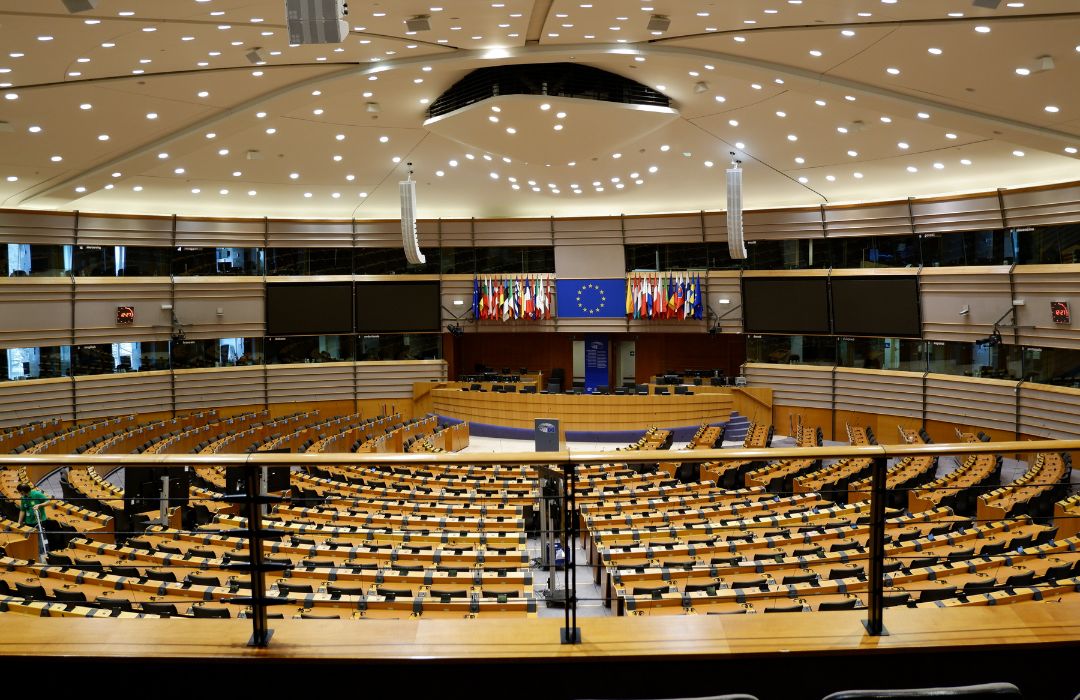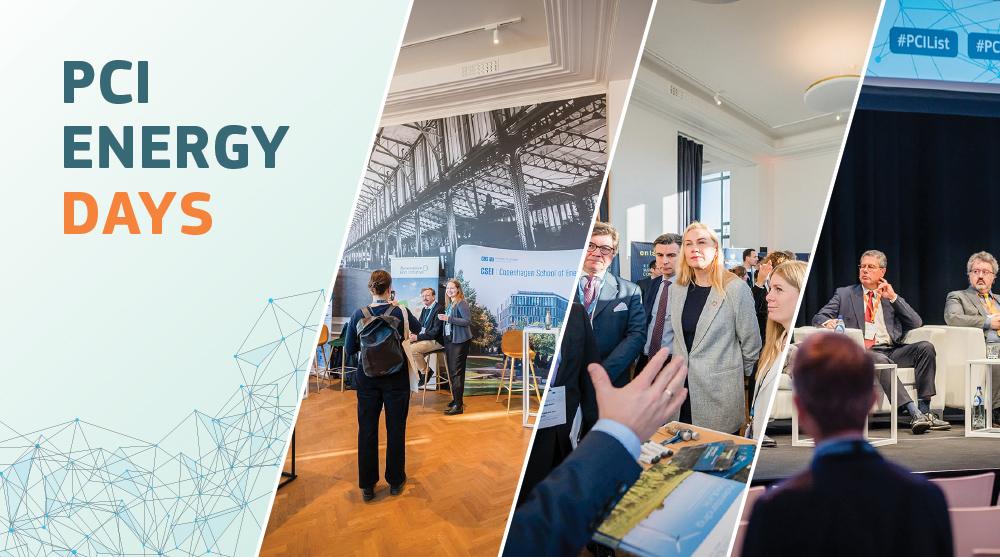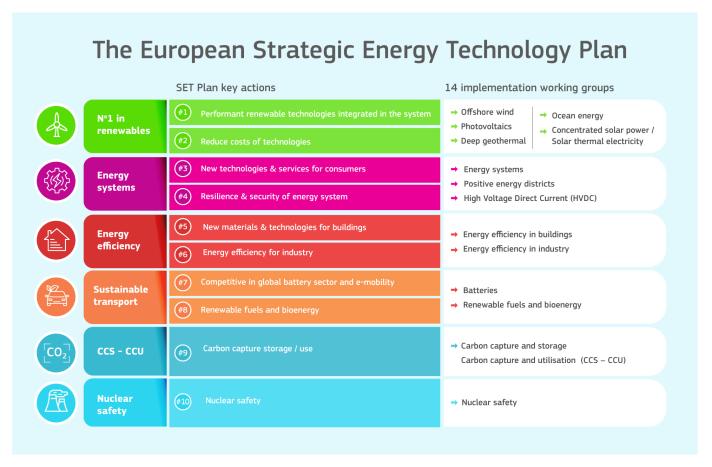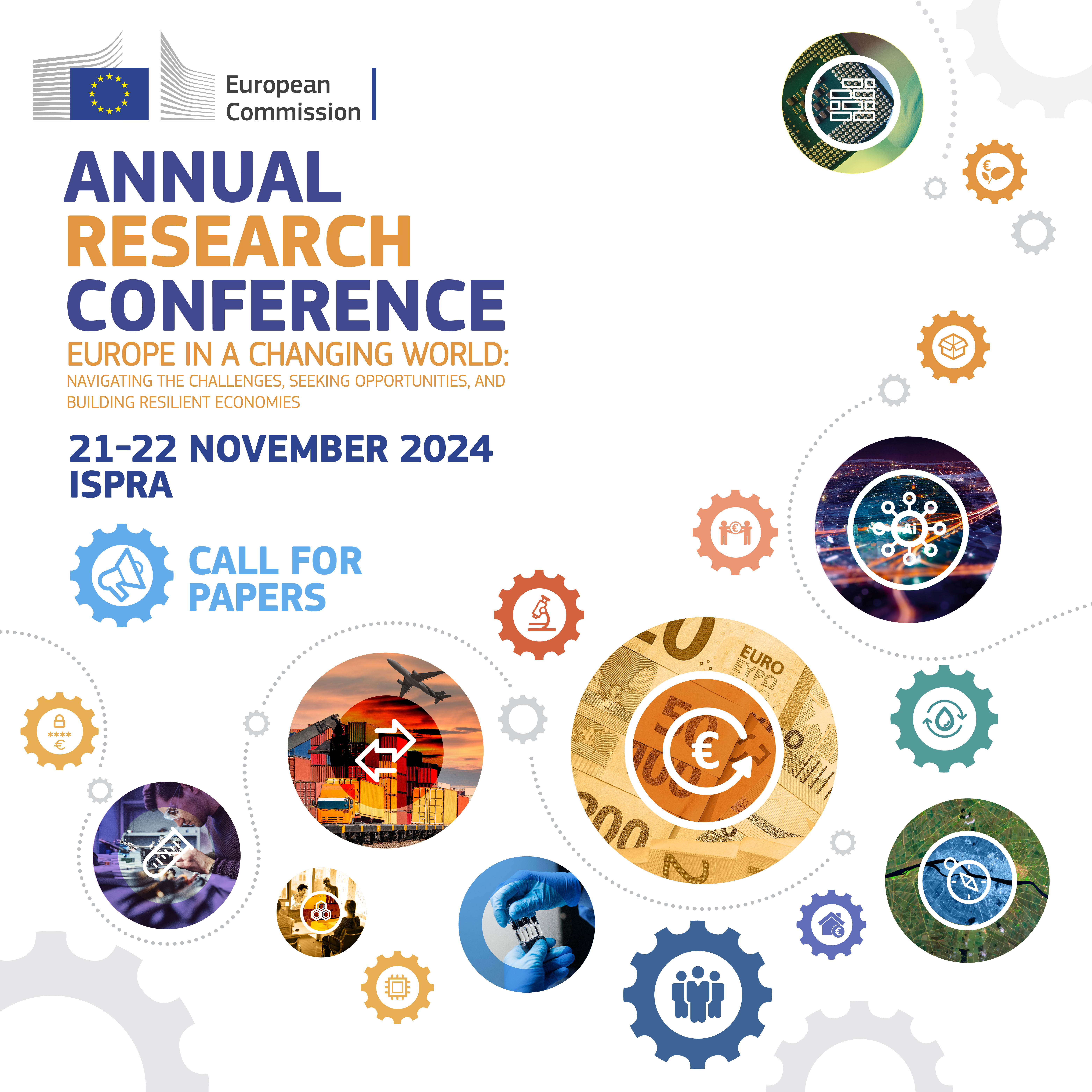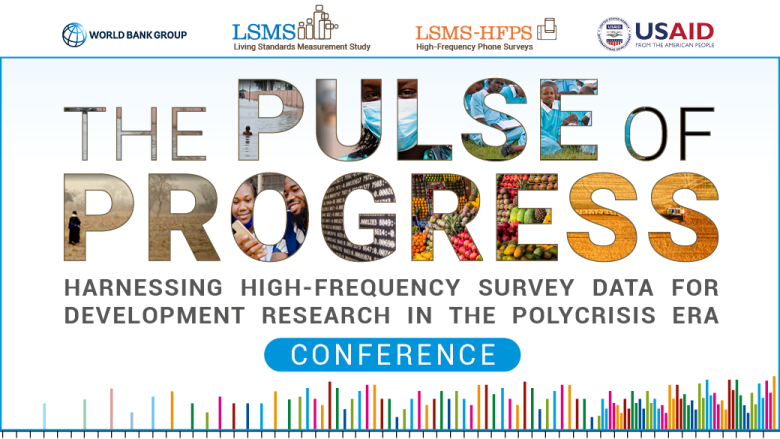The International Day against Homophobia, Transphobia, and Biphobia (IDAHOT) was created in 2004 to draw attention to the violence and discrimination experienced by lesbian, gay, bisexual, transgender, intersex persons and all other persons with diverse sexual orientations, gender identity, or expressions, and sex characteristics. The date May 17th was chosen to commemorate the World Health Organization’s decision in 1990 to remove homosexuality from the list of mental disorders.
The theme of IDAHOT 2024 is ‘No one left behind: equality, freedom and justice for all’: at a time when hard-won advances for LGBTIQ communities around the globe are increasingly under threat, this year’s IDAHOBIT theme is a call for unity: only through solidarity for each other will we create a world without injustice, where no one is left behind.
However, around the world, LGBTIQ people face discrimination and exclusion which may limit their ability to reach their full potential in different areas of life, including education, employment, physical and mental health. As recent research suggests, the effects of stigma, discrimination and exclusion based on sexual orientation, gender identity and expression, and sex characteristics could be costing economies billions of dollars.
According to the ILGA Europe 2024 annual review of the human rights situation of LGBTIQ people, LGBTIQ persons are disproportionately affected in times of crisis and are often socio-economically disadvantaged in specific ways. There is a continuing lack of awareness and lack of political will to address socio-economic inequalities for LGBTI people. The work of activists, human rights defenders, and other actors to protect LGBTIQ people and advance freedom and rights has been increasingly beleaguered by attacks and restrictions on civil society space. LGBTIQ human rights defenders have been targeted by increasing physical aggressions, threats, and hate campaigns.
This is particularly challenging in a context where, in 2024, 64 countries have discriminatory legislations that criminalize private, consensual same-sex relationships – exposing individuals to the risk of arrest, prosecution, imprisonment, and, in twelve countries, the legal possibility of death penalty.
The EU is a strong defender of the human rights of LGBTIQ persons globally. Equality and non-discrimination are part of EU core values, as emphasized in the Universal Declaration of Human Rights, the European Treaties, and the EU Charter of Fundamental Rights. Hence, the increasing EU engagement to act for the protection of such values, both at the political and operational level.
The EU existing internal and external policies are based on a non-discriminatory approach and address multiple and intersecting forms of discrimination. The LGBTIQ equality strategy 2020-2025 sets out a series of measures to step up the EU’s non-discrimination action, to mainstream LGBTIQ equality into all EU policies, legislation, and funding programs, and to amplify the voices of LGBTIQ people both within and outside the EU's borders. On the basis of its principles and policy framework, the EU supports civil society organisations working on the frontline to combat violence, hatred, and discrimination, and ensure that the human rights of LGBTIQ people are upheld in partner countries.
This conference aims at highlighting the work of LGBTIQ activists and partners who are implementing actions to drive economic inclusivity, economic growth, and ultimately realize economic fairness and social integration for the LGBTIQ community. It also seeks to provide a space for EU Delegations to share their experiences and views on the current situation and on how to strengthen the human rights and economic inclusion of LGBTIQ persons.
Language: English
Q&A session languages: English
